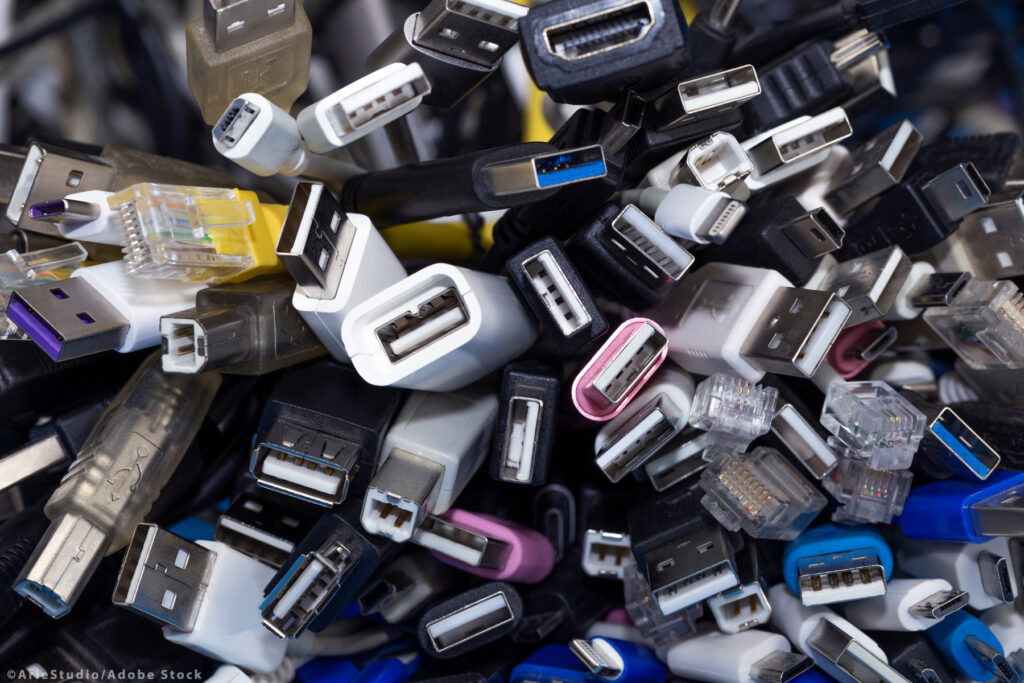Europe Takes Major Step Towards a Common Charger Standard: A Win for Consumers and the Environment
In a historic move, the European Union has passed legislation that mandates a single, common charging standard for all mobile devices, including phones, tablets, and other electronics.

This law, a decade in the making, aims to simplify the charging process for consumers by eliminating the need for multiple cables. “We no longer need lots of cables, just one,” said Cavazzini, highlighting the goal to streamline charging across all devices in Europe.
Under the new law, all devices will now be required to use USB Type-C chargers, with Apple also expected to comply by 2024. The European Parliament, which passed the proposal in October 2022, has set a deadline for the switch by the end of 2024.
The move is set to greatly benefit consumers, allowing them to use any cable for their devices, making charging more convenient and universal.
The legislation is also aimed at reducing electronic waste. As part of the new regulations, devices will no longer automatically come with a new charger, which means consumers will need to purchase cables separately.
However, with many consumers already owning spare cables, the additional cost is expected to be minimal. This unbundling of chargers is expected to significantly reduce e-waste, with estimates suggesting a reduction of around 1000 tonnes.
While some Members of the European Parliament (MEPs) have called for more devices, such as e-readers, to be included in the law, there are also discussions about ensuring the legislation remains adaptable for future technologies, like wireless charging.
Despite concerns that the new legislation could stifle innovation, Cavazzini reassured that the rules are flexible enough to accommodate better charging technologies in the future. If a new standard emerges that surpasses USB-C, the legislation will be updated accordingly.
The new rules are expected to be enforced as early as 2024, and countries within the EU will have two years to fully implement them. This significant step towards a unified charging system promises to make life easier for consumers while also contributing to a cleaner, more sustainable tech ecosystem.

